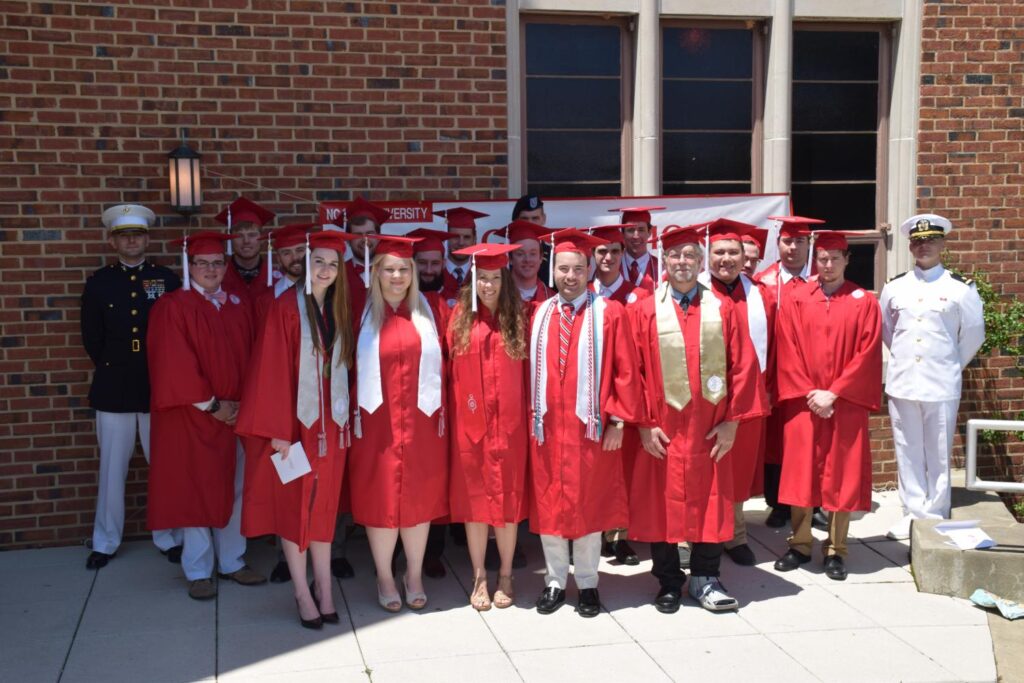Student Resources
Studying history at NC State means making the most out of your education in your time here — and we want to help you do that every step of the way. Explore tools, tips and ways to get involved.
Courses
Class Search for offerings for a particular semester
- Course descriptions for all History courses by searching the Course Catalog. You’ll have to select HI (History) in “Step 2: Search by subject” in the menu.
- We offer credit (HI 390) for qualified Internship programs in history. If you find a program that interests you, please consult with the Director of Undergraduate Programs, Dr. Kimler, about whether the program fits our requirements. You must have completed HI 300 (Sophomore Seminar in History) and 12 credit hours of HI or HA courses and be a junior or senior at the time of the internship. You need at least a 3.0 GPA overall and 3.0 GPA in History courses. Dr. Kimler will discuss the program with you, to ensure it’s appropriate as scholarly historical work, time commitment, and fairness to the intern. An agreement between the student, the internship supervisor, and Dr. Kimler is required before registration in the HI 390 course.
- HI 498 (Independent Study in History) and HA 498 (Independent Study in History of Art). These courses are directed readings and/or research with a faculty mentor. Typically, you have taken a course with a professor and wish to pursue one of its topics in more depth. You will need to meet with the professor, discuss the possibility of them being available for the directed study, and agree to a Contract about the required expectations, assignments, and timeline of meetings and due dates. The Director of Undergraduate Programs will review and approve the credit, and register you into the course. This should be done before the semester starts. For more information, please contact Dr. Kimler.
History Club

Career Planning and Jobs
- Careers for History Majors: A Mini Guide from the American Historical Association.
- Constance Schulz, Page Putnam Miller, Aaron Mars, and Kevin Allen, Careers for Students of History, American Historical Association, 2002.
- “History is Not a Useless Major: Fighting Myths with Data” by Paul B. Sturtevant, 2017.
- The American Academy of Arts and Sciences publishes reports on employment in the humanities, including comparisons of employment rates and earnings across disciplines, state-by-state profiles, and various data publications on Humanities graduates’ job status, earnings, and job satisfaction.
- Planning to apply to Law School? Check out our brief guide.
Career Development Center

Tips on Writing
- Avoid plagiarism in historical writing. Online tutorial from Indiana University on “How to Recognize Plagiarism” and avoid it in your writing.
- “How Writing Leads to Thinking (And not the Other Way Around),” by Lynn Hunt, from the “Art of History” column of the February 2010 issue of Perspectives on History, a publication of the American Historical Association
- “Reading, Writing, and Research for History: A Guide for College Students,” Patrick Rael, Bowdoin College.
- History courses at NC State use the Chicago Style (also known as “Turabian”) for citation. Available guides for history students include:
Jules Benjamin, A Student’s Guide to History, 12th edition (Boston: Bedford/St. Martin’s, 2013).
Mary Lynn Rampolla, A Pocket Guide for Writing in History (Boston: Bedford/St. Martins, 2009.
William Kelleher Storey, Writing History: A Guide for Students, 5th edition (New York: Oxford University Press, 2015).
Kate L. Turabian, A Manual for Writers of Term Papers, Theses, and Dissertations, 8th edition (Chicago: University of Chicago Press, 2013). - The Writing Resources Guide, NC State, D.H. Hill Library. This set of links includes a sub-section on Humanities and a paper writing toolkit.
- NC State Writing and Speaking Tutorial Services, which works with students seeking to improve their writing